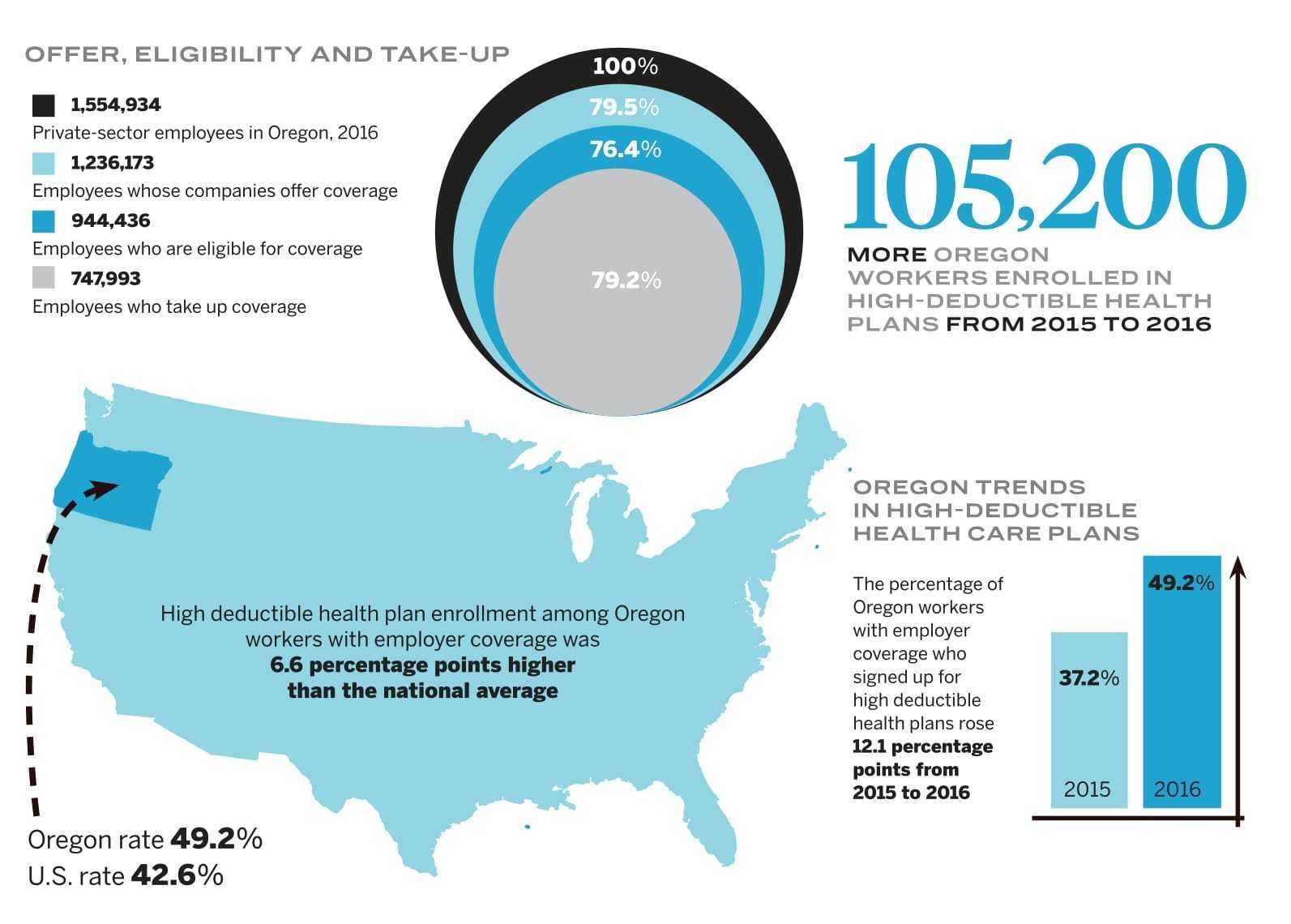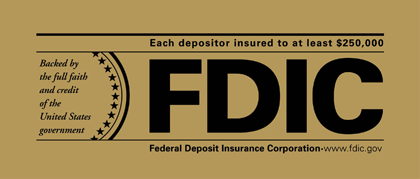They review all insurance coverage claims and choose if an insurer should pay a claim, and if so, how much. Insurance coverage declares adjusters, appraisers, examiners, and detectives closely review and settle insurance claims, identifying how much of a claim the insurance company should cover. In order to completely examine claims and avoid fraud, insurance claims adjusters contact doctors, companies, and legal counsel for extra details and questions https://www.bintelligence.com/blog/2020/2/17/34-companies-named-2020-best-places-to-work relating to claims.

Claims adjusters might work for business or as self-employed public adjusters. Some self-employed claim adjusters work for people not interested in dealing with the insurer's claim adjuster. Not all insurance provider keep an insurance coverage declares adjusters on staff; rather, they might work with self-employed claims adjusters as required. An insurance declares adjuster profession consists of examining property (home, service or auto) and identifying the amount of cash insurance coverage companies should pay for the loss.
A claims examiner profession includes reviewing claims to guarantee claimants and adjusters have actually followed the guidelines. Claims inspectors typically work for life or medical insurance companies. An appraiser career involves estimating the value of an insured item. Car damage appraisers are the most common appraisers. An insurance detective profession consists of examining claims insurance provider suspects as fraudulent or criminal.
Common degrees for cost estimators consist of mathematics, developing science, building management, engineering, physical sciences, statistics, financing, organization, economics, or accounting. Cost estimators need work experience in the field they prepare to carry out expense estimating. Cost estimators usually begin their career by shadowing a more skilled expense estimator for a few months to a couple of years, depending upon the complexity of the type of approximating being trained for and the company's specifications.
Although not all companies need a certified cost estimator, accreditations are offered and suggested. Expense estimator certifications are offered through The American Society of Specialist Estimators, the Association for the Development of Expense Estimating International, and the Society of Cost Estimating and Analysis. Expense estimator certification needs a minimum of 2 years work experience and passing a written test.
The 50 Finest Life and Agriculture Sciences Programs on the planet Today, You would not commit to a job without understanding just how much it pays, would you? For the exact same reasons, companies will not commit to huge projects without knowing just how much it will cost; this is where a cost estimator comes in.
What Does Which Life Insurance Is Best Do?
Cost estimator careers consist of taking a trip to sites for information collection, working straight with numerous industry experts, such as basic professionals, engineers, architects, or owners and checking out blueprints and technical files. Expense estimator professions include using computer system software application when preparing estimates. Expense estimators also examine a product's expense effectiveness and deal solutions for making the product more cost effective.
2017 Typical Pay $63,110 2016 number of tasks 217,900 Work growth forecast, 2016 - 26 11% Entry-level education requirements Bachelor's degree 2017, wage of most affordable 10 percent $37,000 2017, wage of the highest 10 percent $106,010 Some monetary analyst jobs might need a bachelor's degree, such as a Bachelor of Accounting degree, Bachelor of Company Administration degree, or a Bachelor of Finance degree.
Some companies also require a Masters in Organization Administration (MBA) or a Master in Finance degree. Financial analysts need to have a strong grasp on choices prices, bond assessment, and risk management. Financial analysts typically get their licenses after obtaining a financial expert job, as lots of licenses need a company sponsorship.

Companies typically suggest certification for monetary experts, which may also aid in advancement. Financial experts can end up being certified in their particular discipline. When you're young, you ask your moms and dads important financial concerns; when you grow up, you ask a financial expert. Financial analysts understand the ins and outs of the stock exchange.
A financial expert career typically includes studying and assessing economic and service patterns, along with present and historical data. Financial experts figure out a company's worth through studying the company's financial statements, evaluating product prices, sales, expenses, costs, and tax rates, and predicting the company's future incomes. Two primary types of monetary experts exist: buy side analysts, who create investment plans for organizations with large amounts of money for financial investment, and sell side experts, who encourage financial services sales representatives.
Some particular types of financial analysts consist of: portfolio supervisors, fund supervisors, ratings analysts, and danger analysts. After selecting a specific financial investment field to specialize in, financial analysts need to gain experience. A monetary expert might advance in their profession to a portfolio manager position or supervise a group of experts and pick the numerous investments for a company's portfolio.
Not known Facts About The Person Who Receives Financial Protection From A Life Insurance Plan Is Called A
In addition to experience, a Master's degree substantially helps financial analysts advance in their career. 2017 Median Pay $84,300 2016 variety of jobs 296,100 Employment development projection, 2016 - 26 11% Entry-level education requirements Bachelor's degree 2017, wage of least expensive 10 percent $51,780 2017, wage of the greatest 10 percent $165,580 People thinking about a financial clerk profession normally require a high school diploma.
Some fields, such as brokerage firms, may need financial clerks to have a college degree in service. During training a financial clerk works under experienced clerks or supervisors; the length of training generally lasts a month or less. In some locations, financial clerks might require particular technical training, for instance, in the gaming market clerks require education in guidelines, procedures and policies.
Financial clerks carry out financial and administrative jobs for brokerage firms, credit card business, insurance coverage offices and numerous https://www.inhersight.com/companies/best/size/medium other industries. Financial clerk professions include organizing and keeping records, assisting clients, and bring out financial transactions. An insurance clerk career involves maintaining and updating financial records, tracking and computing charges and billing, handling all financial transactions, and responding to client questions.
For example, billing and posting clerks operate in locations such as health care and handle billing invoices, healthcare insurance plan concerns, health center records and other charges. An insurance coverage declares clerk career involves dealing with various insurance claims concerns such as policy cancellations and modifications, customer questions and processing applications. how many life insurance policies can you have. Some other locations financial clerks may work in include payroll and loan departments, gaming industries and charge card business.
Specific human resource positions, such as human resources generalists, are also needed to have work experience in a related field such as personnel help or in client service upon hire. Some institution of higher learnings use an MBA degree in Human Resources, A Master degree in Person Resources Management or a Master in Person Resources degree - how to get life insurance.
Certification is normally voluntary for HR specialists, but some employers encourage, prefer, and occasionally require it. Accreditation for personnels specialists and human resources generalists, demonstrates a proficiency of the field and supplies and edge in job competitors. Personnels experts likewise called HR specialists look for the right individual for the job.